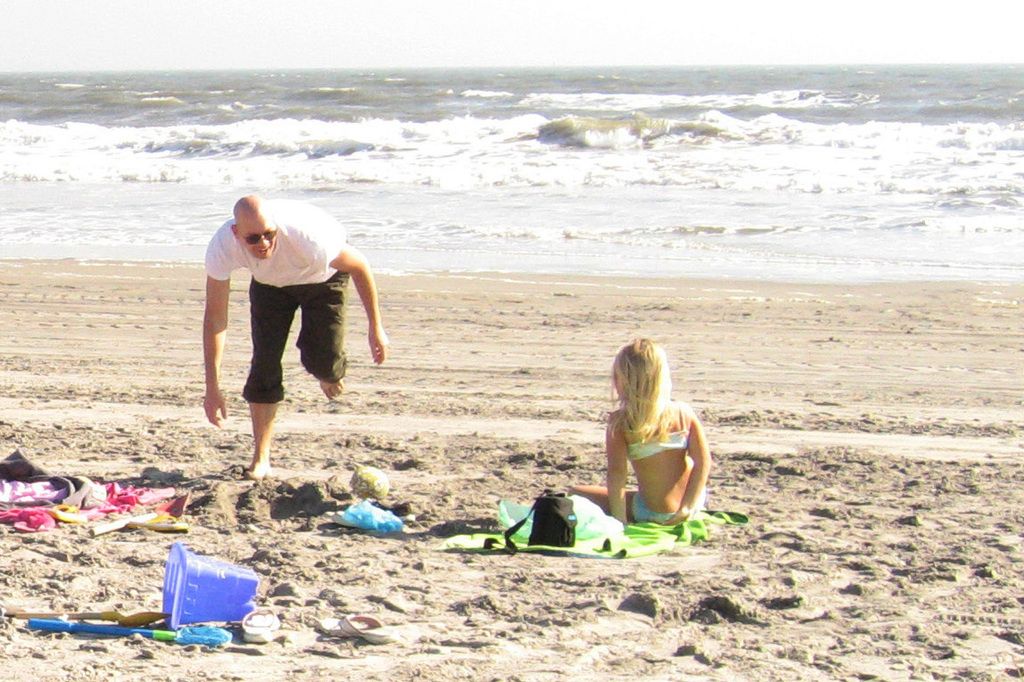The Downfall of the Dutch Coalition: Wilders vs Migration Policies
Proposals put forward by the Commission have been aimed at achieving this.
The Hague - The Netherlands' governing coalition toppled on June 3, 2025, due to a head-on collision over migration policy. Fueled by Geert Wilders, leader of the extreme-right Party for Freedom (PVV), the coalition crumbled as Wilders withdrew his party from the partnership, becoming the strongest political force in parliament since the last election[1][3][4].
Wilders, infamous for his sharp rhetoric against immigrants, demanded the adoption of what he referred to as the "toughest immigration policy in history." His coalition partners, however, he deemed far too lenient in the implementation process, leading to his refusal to compromise any further[1][4].
The four-party coalition, formed post-Wilders' election triumph in November 2023, consisted of his PVV, the liberal-conservative People’s Party for Freedom and Democracy (VVD), the centrist New Social Contract (NSC), and the agrarian populist Farmer-Citizens Movement (BBB)[3][4]. Despite Wilders' electoral victory, he was unsuccessful in securing the Prime Minister position, and the role was granted to Dick Schoof, a former intelligence chief, instead[4].
The coalition's instability had been evident from the start, with the centrist NSC expressing doubts about the PVV's adherence to the constitution[1]. Recently, the coalition parties NSC and VVD targeted PVV's Asylum Minister, Marjolein Faber, accusing her of incompetence[1].
Post-collapse, Schoof announced his resignation, assuming the role of caretaker prime minister until a new government is established[1][3][5]. The chaos leaves the Netherlands politically adrift, just before a major NATO summit scheduled for late June in The Hague[1][3][4]. Anticipated elections are on the horizon, although they may not be held before the end of summer[1][3].
Public discourse revolves around migration policy, with Wilders positioning himself as a hardliner championing stricter measures and harboring ambitions for the Prime Minister role in the future[4]. The collapse of this right-leaning government signifies a significant turning point in the Dutch political landscape, shedding light on the country's ongoing divisions over immigration[3][4].
[1] https://www.reuters.com/world/europe/netherlands-government-implodes-over-migration-row-2025-06-03/[2] https://www.bbc.com/news/world-europe-56956837[3] https://www.dw.com/en/netherlands-government-collapses-early-elections-anticipated/a-58944838[4] https://www.nytimes.com/2025/06/04/world/europe/netherlands-wilders-coalition-collapse.html[5] https://www.politico.eu/article/netherlands-prime-minister-commitment-coalition-asylum-policies/[6] https://www.theguardian.com/politics/2023/nov/16/geert-wilders-party-for-freedom-wins-election-in-netherlands
- The collapse of the Dutch coalition in 2025, primarily due to differences over migration policies, has propelled Geert Wilders to become the strongest political force in parliament since the last election, stoking anticipation that he might implement the toughest immigration policy in history.
- Amidst war-and-conflicts and crime-and-justice concerns dominating general news, the political upheaval in the Netherlands is a reminder of the impact of politics on immigration issues, as Wilders consolidates his position as a hardliner.
- In the aftermath of the coalition's fall, debates centered on immigration policy and migration continue intensifying, shedding light on the profound migration challenges faced by the Netherlands and other nations amidst ongoing political migrations.








